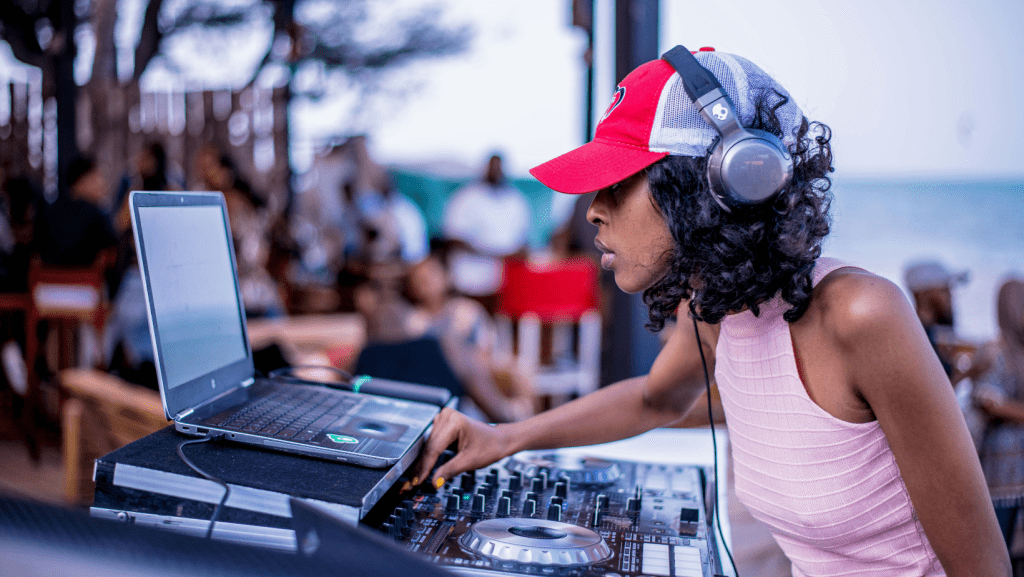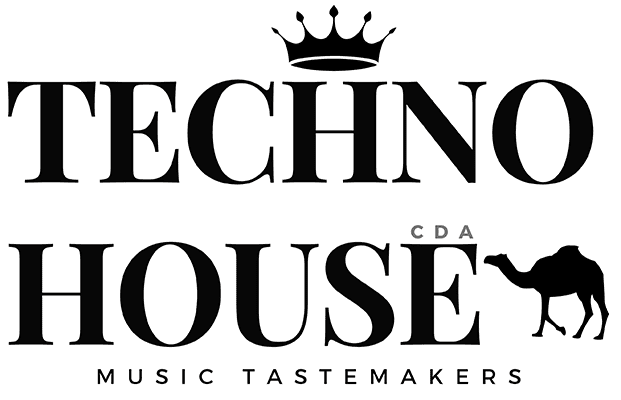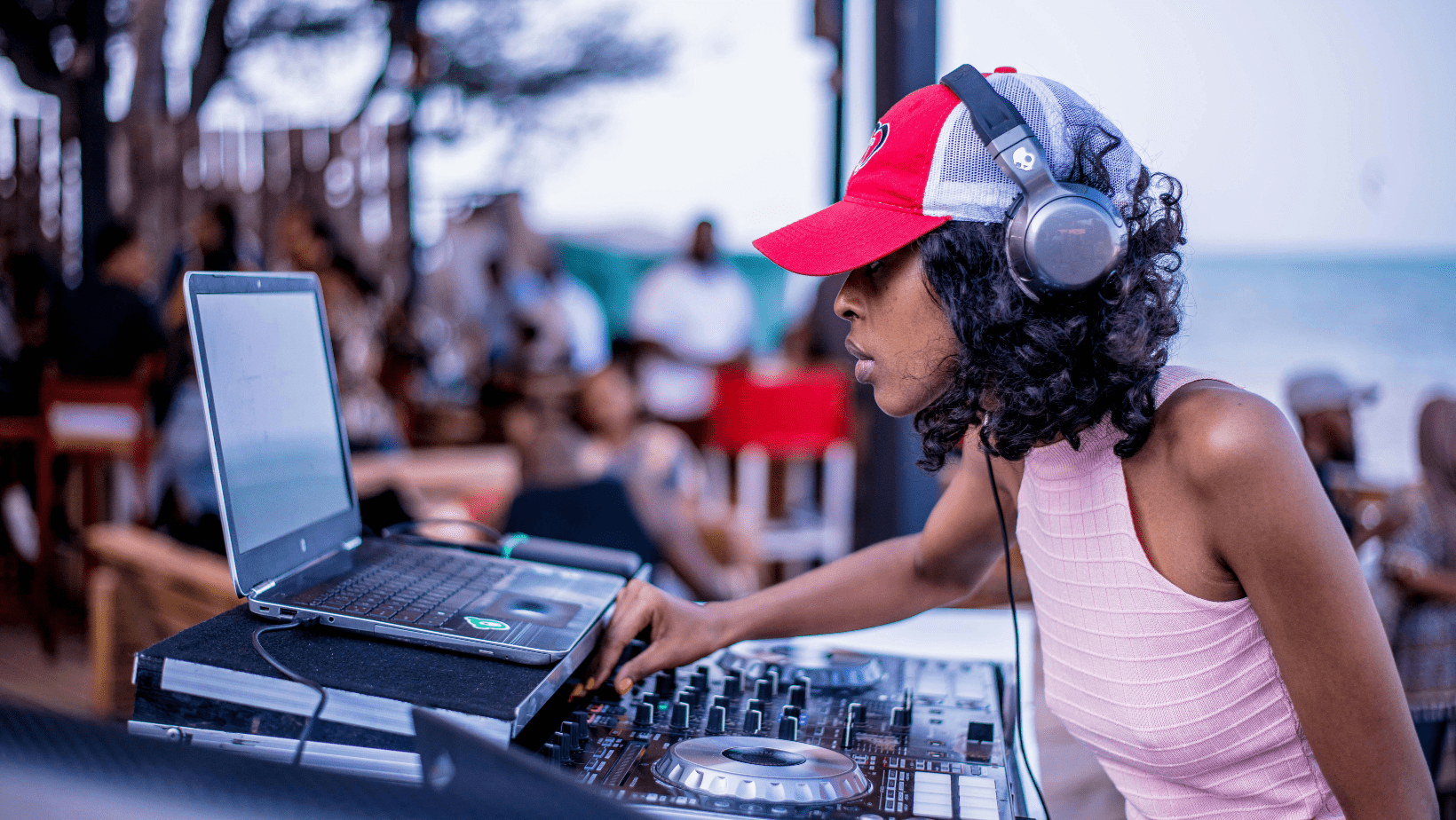

New research from the Pete Tong DJ Academy highlights a troubling trend in the electronic music industry: social media presence is often valued more than actual DJing skills.
At this year’s International Music Summit (IMS) in Ibiza, a groundbreaking survey revealed that 61% of up-and-coming DJs believe their social media numbers are more important to career success than their musical talent. Conducted by the Pete Tong DJ Academy and reported by Mixmag, the study surveyed over 15,000 individuals involved in the electronic music scene, ranging from DJs and producers to fans and industry professionals.
The findings shed light on growing concerns among young artists trying to break into an increasingly saturated and competitive industry. Visibility and online clout, it seems, often outweigh raw musical ability, leading to a culture where viral moments, follower counts, and engagement metrics are prioritized over creativity, skill development, and original artistry.
The “Closed Club” of the Music Industry
An alarming 62% of respondents described the music industry as a “closed club,” indicating that without insider connections, financial backing, or strong marketing strategies, new talent faces significant challenges gaining traction. Many participants pointed out that opportunities for festival bookings, record label signings, and playlist placements are often determined more by Instagram followers and TikTok views than by the quality of music.
This reliance on social media metrics as gatekeeping tools suggests that for many emerging DJs, building a genuine fanbase organically through performance and releases is no longer enough to open doors in the industry.
Persistence Still Matters — But It’s Not Always Rewarded
Despite the growing frustrations, 35% of surveyed DJs expressed hope that persistence, authenticity, and dedication would eventually pay off. However, the broader data paints a more complex picture of an industry increasingly shaped by algorithms, visual branding, and strategic online marketing rather than pure musical excellence.
Many respondents shared personal stories of feeling invisible despite years of hard work and investment in their craft. “You can be an amazing DJ or producer,” said one 22-year-old participant from Berlin, “but if you don’t have 10k followers, labels won’t even open your emails.”
The Mental Health Toll: Burnout and Anxiety
The pressure to constantly produce engaging content for social media is taking a serious toll on mental health among young DJs. Over half of the participants reported experiencing burnout, anxiety, and emotional exhaustion as a result of the relentless need to remain visible online.
A 24-year-old French DJ poignantly described the experience:
“Every post feels like a test. If it flops, I feel like a failure.”
This phenomenon isn’t isolated to DJs alone; it’s reflective of a broader trend across creative industries, where artists are expected to double as content creators, influencers, and marketers — often without any formal training or support systems.
A Changing Landscape: Talent Alone Is No Longer Enough
The Pete Tong DJ Academy’s findings underline a critical shift in the electronic music landscape. While talent, passion, and dedication remain important, they are no longer the only keys to success. Today’s aspiring DJs must also master the art of branding, social media marketing, and content creation to stand out in an overcrowded digital marketplace.
The line between artist and influencer continues to blur, forcing young DJs to strike a delicate balance between nurturing their creative abilities and building a marketable online persona.
Moving forward, industry leaders and institutions will need to address these challenges to create a more supportive environment for genuine talent to thrive — one where artistry isn’t overshadowed by algorithms.

